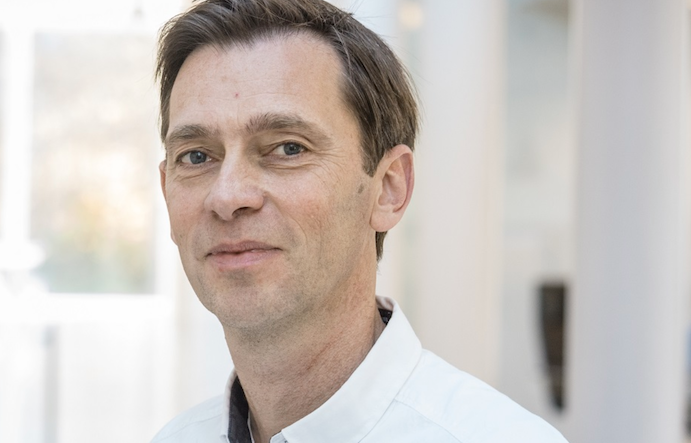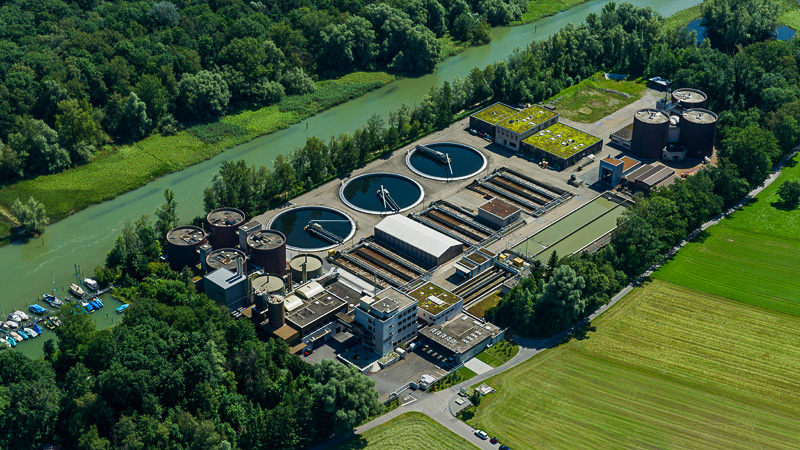Better integrating with other important sectors may be the key to unlock the circular economy
Fortunately, a number of water companies are doing just that: learning to solve problems in new areas of business, and the benefits can be felt by everyone. Innovation is driven by the challenges in the world around us, and in recent times, the biggest challenge has been climate change. This is such a deep crisis and has such a tremendous impact on the water sector that it’s in everyone’s interest to contribute to adaptation and mitigation, working across different industries and sharing expertise.
Across Europe, we see excellent examples related to water reuse, use of alternative water and energy sources, recovery of energy like biogas and heat, and the recovery of nutrients from wastewater. The next step would be to connect the sustainability of the water sector to other sectors for which water and its resources can be an essential enabler, thus stimulating development.
NextGen project
NextGen is creating a roadmap for the water sector in the E.U. for how to move toward the circular economy. It is a significant strand of the European Union’s Water in the Context of the Circular Economy program. The project is able to offer specialised but also integrated knowledge across different areas, including health risks and governance arrangements.
It’s been two years into the four-year H2020 project, which brings together a partnership of 30 organisations to demonstrate technological, business and governance solutions for water in the circular economy. NextGen is piloting 10 full-scale demonstration cases in eight E.U. member states to define the next generation of water systems and solutions across the sectors for water (alternative water sources, reuse of wastewater), energy (treatment plants as energy factories, water-enabled heat transfer, storage, and recovery), and materials (nutrient mining and reuse, manufacturing new products from waste streams).
The demonstration cases include an ex-United Kingdom airfield where people will live and work sustainably, a Dutch brewery site designed with water-based urban circularity in mind, and a project that tackles water scarcity in Spain. In terms of all-around benefit, a sewer mining project in Athens, Greece, is also showing exciting results. The city needs more green spaces, and the Athens Urban Tree Nursery is on a sewer line from which wastewater can be extracted, treated, and used for irrigation at the point of demand.
Meanwhile, the progress of the 10 demonstration projects will break new ground while encouraging innovation through the associated partners in China, India and South Korea.
NextGen’s work during these four years will provide reasonable steps toward European’s circular economy goals. Although they will not be achieved in the upcoming 10 years, the projects referenced above are positive examples that there is significant progress being made in the role of water in a circular economy. If we are to at least get closer to the 2030 goal, then knowledge sharing from these successes, across sectors, will be pivotal.

Text adapted from “Unlocking a Circular Economy” written by Jos Frijns and published at WaterWorld.com.
About the author: Jos Frijns is a resilience management & governance team leader at KWR.
